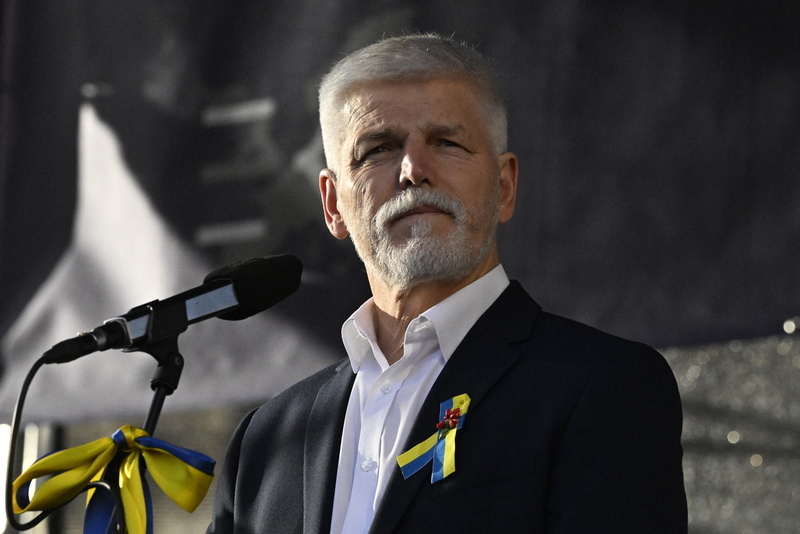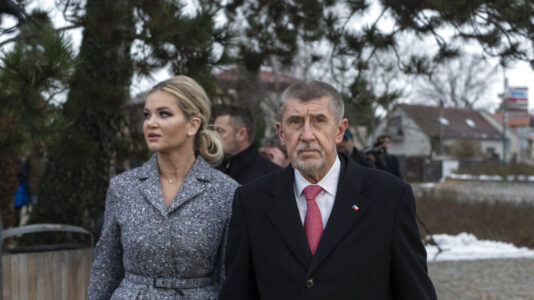Czech President Petr Pavel, a former NATO general, has told the New York Times in an interview that Ukraine needs to be “realistic” about its goals in the war and that the most likely outcome of the conflict is that Ukraine will have to concede some territories.
The admission that Ukraine may have to cede territory is especially surprising from Pavel, who the New York Times describes as one of the most steadfast supporters of Ukraine.
“The most probable outcome of the war will be that a part of Ukrainian territory will be under Russian occupation, temporarily,” he said. However, the “temporary” occupation could last years, according to Pavel, who is currently visiting the U.S.
He cited war fatigue after 19 months of war and that conflict was “growing everywhere.” Under such a scenario, Ukraine “will have to be realistic” about how likely it is to recover territory from Russia.
According to Pavel, neither Ukraine nor Russia can expect to achieve their maximalist goals. “To talk about a defeat of Ukraine or defeat of Russia, it will simply not happen,” he said, adding that the end result will be “will be somewhere in between.”
Pavel is not the only one making such comments, for example, Czech Foreign Minister Jan Lipavský has also said: “We see that Ukraine is not able to take back all of its territory at the moment, that’s a reality.” On the other hand, according to him, this does not mean that Ukraine is being dictated to give something from its territories to Russia, thereby confirming the claims of the aggressor, according to Czech news outlet CTK.
Currently, Kyiv demands the return of all territory occupied by Russia, including the Crimean peninsula, which Moscow annexed in 2014. Russia, on the other hand, wants Ukraine to surrender Donetsk, Lugansk, and Crimea.
The future of Ukraine will be the main topic of the UN General Assembly in New York this week. During his speech here on Wednesday, Ukrainian President Volodymyr Zelensky will appeal for greater military and political support. Also on Thursday in Washington, he will present a “plan for victory” to U.S. President Joe Biden and then publish it.
Zelenskyy, who previously ruled out direct talks with Russia, softened his stance in the summer and hinted that direct talks could begin in November. However, he did not back down from the demand that Russia leave all Ukrainian territory.
The Czech Republic, along with Poland and the Baltic states, are Ukraine’s top allies, but these countries face growing public pressure to limit aid to Ukraine and talk the country into reaching an agreement with Russia. According to a survey conducted this summer, almost two-thirds of Czechs would support a quick end to the war in Ukraine, even at the cost of part of the Ukrainian territory remaining under Russian control.






